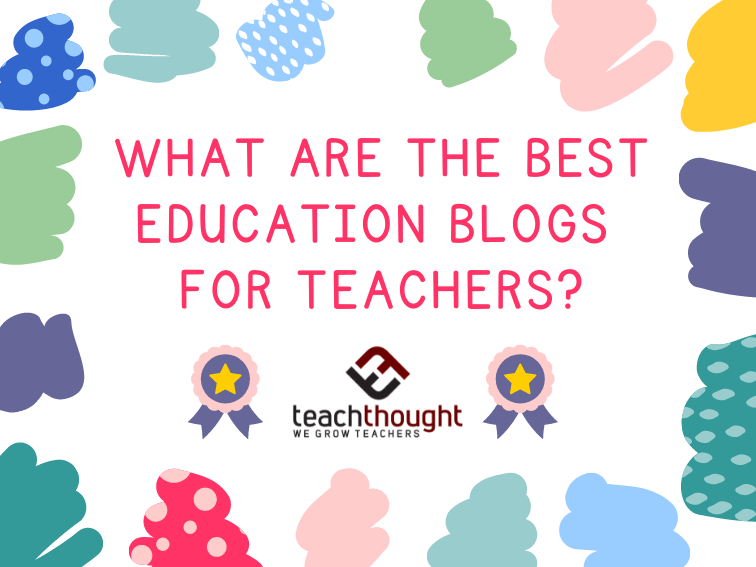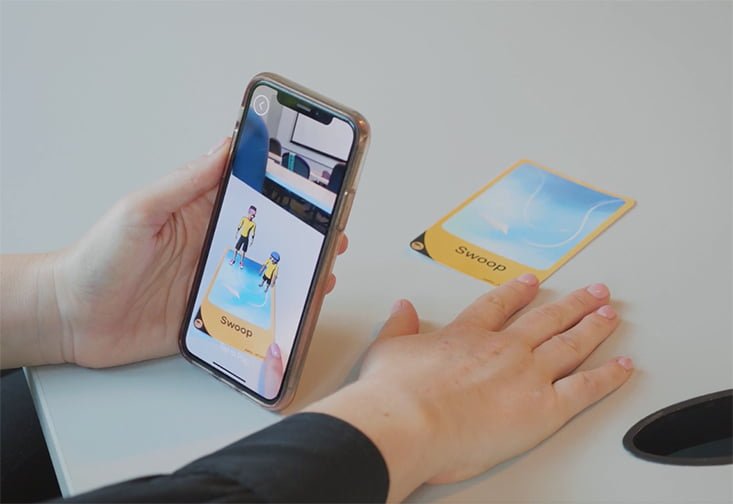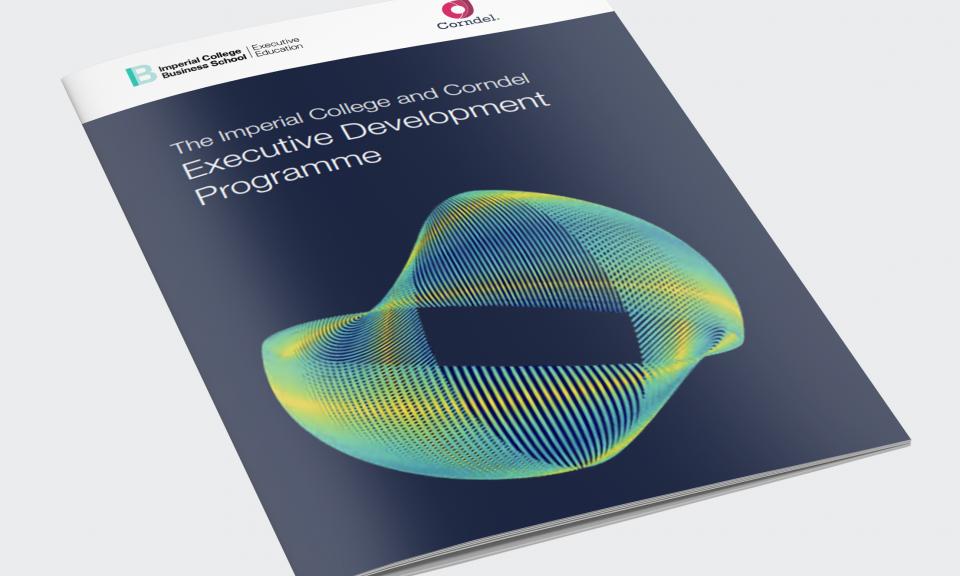Here at International Ed News, we have been engaged in a series of conversations with researchers working with educational issues in innovative ways on the margins of formal schooling. We previously spoke with Mary Helen Immordino-Yang and John Seely Brown. Recently, we spoke with Dr. Joe Kahne about his work in democracy and education, urban education, and Youth and Participatory Politics. He particularly focuses on digital media and online components of civic engagement. Dr. Kahne is Professor of Education at Mills College as well as Chair of the MacArthur Foundation Research Network on Youth and Participatory Politics, which is part of the Connected Learning Alliance.
While Dr. Kahne’s work has always focused on urban education (stretching back to his days as a teacher in NYC) and innovation, his recent work with institutions such as the Connected Learning Alliance emerged from his recognition of an increasingly digital component to youth civic engagement. As he put it, in the digital world “some of the core acts of civic and political life such as finding information, mobilizing others, and sharing perspectives” occur through social media and other spaces. These spaces enable “individuals to comment on, engage in, and influence civic and political life… and youth are often given such opportunities when online to a greater degree than when engaged in with institutional politics.” Through the affordances of digital media, “those who would otherwise remain marginal gain voice” and gain agency through action such as creating groups and social networks. As an example, Dr. Kahne points to ways that the Black Lives Matter movement has been aided by youth engagement with digital media. While people do not typically buy smart phones to photograph the police, for instance, he points out that these tools have been used to help shift public consciousness and mobilize for reform.
While his work is primarily centered on the U.S., Dr. Kahne sees this line of research as being possible as part of promoting and questioning narratives on citizenship in general and as operating beyond national boundaries. For example, he uses the DREAMers to point to the ways that online spaces are being used to debate the very question of who gets to be a citizen. Additionally, he points to online spaces where non-citizens can play increasingly participatory roles in discourses on national issues such as elections. The Youth and Participatory Politics initiative in which he is involved has also undertaken a Global Dimensions link, which explores the composition and dynamics of activism on a global scale in the digital age.
Much of Dr. Kahne’s research focuses on the Youth and Participatory Politics (YPP) research network. His group “defines YPP as something that is socially networked and peer driven rather than institutionally dictated and driven by elites.” With YPP, Dr. Kahne is currently working on a MacArthur Foundation funded project called Educating for Participatory Politics. In this project, Dr. Kahne and others are working with educators and students in Oakland, Chicago and LA to merge digital tools and classrooms spaces in order to increase civic engagement. Using Web 2.0 and other digital media tools, they are “investigating the opportunities for educators to support youth participation in civic and political life.”
This line of work on civic engagement is not always easily integrated into schools. Though he recognizes that many individual teachers and students have already been deeply involved in civic engagement as individuals, specifically through digital media, Dr. Kahne sees a “tension between institutional actors and other participatory modes of action.” This type of innovation (i.e. networked civic engagement through digital media) is not something he believes that educational institutions have prioritized thus far. He asked is “there a way through [this project] to create institutional commitments that would support those teachers and bring others in to a greater degree?” This project is thus an innovative approach to link and cultivate what had already been present in spaces outside of school with school’s daily life.
[Source:- internationalednews]
















